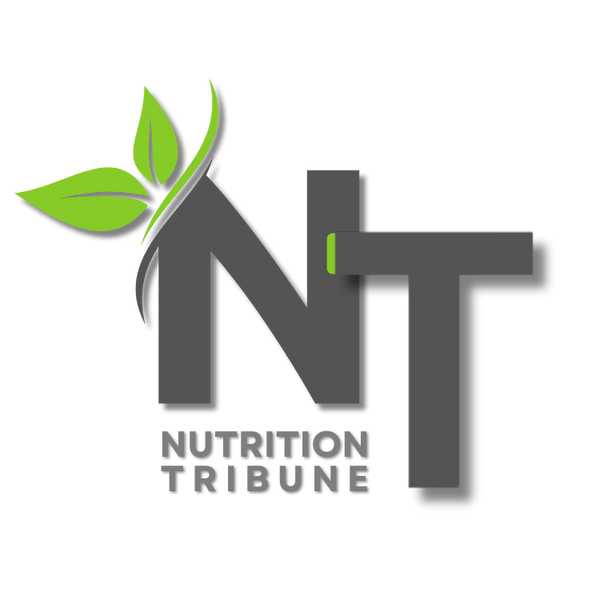
Foods and Drinks to Avoid During Pregnancy
Share
Pregnancy is one of the most exciting times in many women's lives. For the most part being pregnant does not mean that you are fragile or have to change your life in any drastic way. When it comes to your nutritional intake, however, it is best to practice caution with a few different types of food and drinks. Some of the following foods and beverages need to be avoided completely for the duration of your pregnancy and for others your consumption of them needs to be monitored (1).
Here are # foods and drinks to avoid during pregnancy:
1) Sushi and other raw/ undercooked fish
Sushi has become a firm favourite for many people when it comes to a delicious and healthy takeout. Unfortunately, any sushi that contains raw fish is no longer safe. Any fish which is uncooked has the potential to carry dangerous bacteria like Salmonella or Listeria or even parasites (2). These bacteria or parasites can be fatal to an unborn baby while causing significant illness for the mother. Pregnant woman are unfortunately extremely susceptible to Listeria infections, in fact up to 20 times more vulnerable than the rest of the population. It is sad but true, best to rather avoid any sushi for the duration of your pregnancy.2) Alcoholic Drinks
Alcohol is a drug; the feeling we get when we drink alcohol is essential as a result of us ingesting what our body perceives as a poison. So imagine, therefore, how an unborn fetus will be affected by alcohol? Aside from the fact that alcohol is a toxin and a drug, drinking alcohol during pregnancy has been associated with an increased risk of miscarriage, as well as your baby being stillborn (3, 4). Drinking also causes a severe condition while pregnant. Foetal Alcohol Syndrome (FAS) is characterised by mental retardation, deformed facial features and in some cases heart defects (5). Here is the thing with alcohol and pregnancy, a safe limit has not been established and so it is best to abstain completely.3) Caffeine-rich foods and beverages
The good news here is that you don't have to give up your favourite hot beverage. Instead, you only need to cut down on the amount of coffee you are drinking. High caffeine levels have been linked to an increased risk of miscarriage as well as the potential to restrict the growth of the baby (6, 7). This can cause serious issues at the birth of the baby as low birth weight infants are at a higher risk of certain diseases like Type 2 Diabetes and even heart disease (8). The recommended upper limit for pregnant women is about 2 cups of coffee per day (200 mg of caffeine). This also means to practice caution with 'energy drinks' as well as caffeinated soda's as the caffeine content can add up quite quickly. Think of it this way, any caffeine you ingest crosses the placental barrier and will affect your baby.4) Raw or Undercooked Eggs
Many people start the morning off with soft-boiled eggs, or even raw eggs cracked into a smoothie. When it comes to eggs and your pregnancy the golden rule is that your eggs need to be cooked. Properly. Unfortunately, raw eggs can be infected with bacteria called Salmonella. Salmonella causes quite severe food poisoning with symptoms of vomiting, fever, nausea and diarrhoea. In some cases, the symptoms can be so severe that they cause uterine cramping and premature births. All in all, it is best to avoid any foods that contain raw or partially cooked eggs. Including:- Hollandaise sauce
- Soft-boiled eggs
- Homemade, unpasteurised mayonnaise or aioli
- Cake icing
- Lightly cooked scrambled or poached eggs
5) Soft, Unpasteurized Cheeses
Most milk and cheese that we purchase from the supermarket has undergone a process called pasteurisation. Essentially Pasteurisation is a heating process, which ensures that any harmful bacteria is killed. Some of the more delicious 'smelly' cheeses, unfortunately, fall in this category:- Camembert
- Gorgonzola
- Feta
- Brie
- Roquefort
